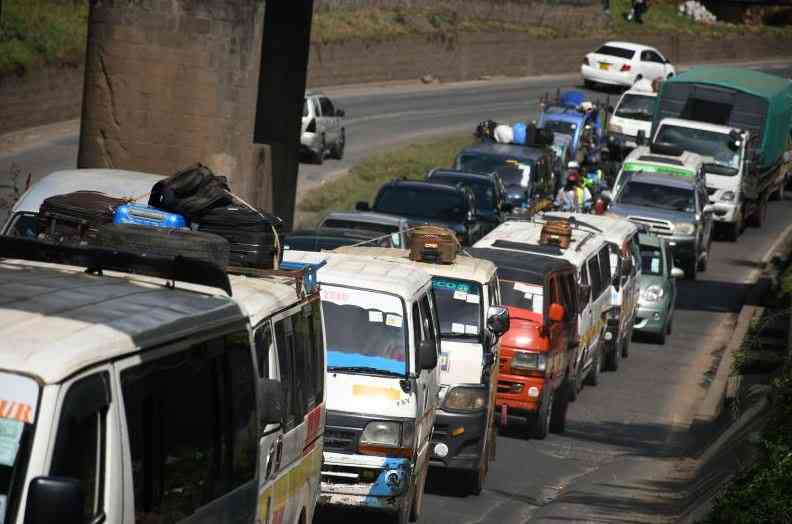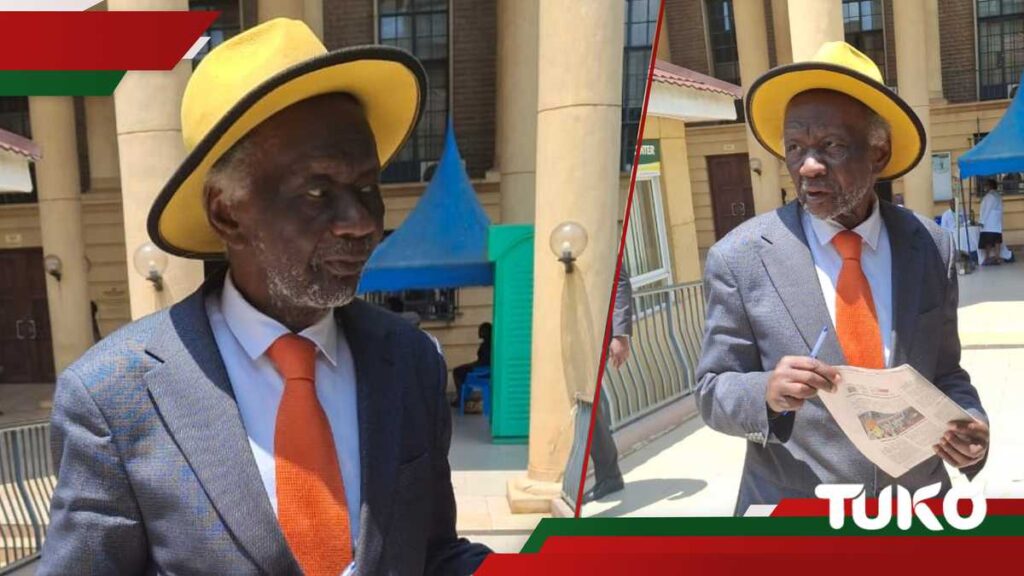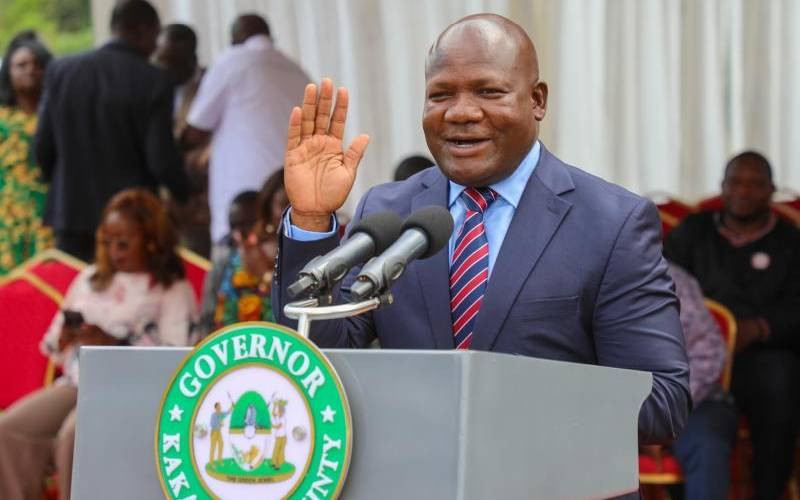When Prof Kithure Kindiki was sworn in as Deputy President on November 1, last year, residents of Embu and Meru celebrated, hopeful that he would safeguard miraa and muguka farming—two crops under threat due to bans in some counties.
Mombasa and Kilifi counties banned muguka in May last year, citing health risks. The move was met with protests from leaders in the muguka-growing regions.
In response to the ban, President William Ruto directed the Ministry of Agriculture to convene stakeholders and address concerns related to the sale and use of muguka. The President also allocated Sh500 million in the 2024-25 Financial Year towards value addition for scheduled crops.
During a tour of Meru in April, Kindiki vowed to champion the interests of muguka farmers.
“Some cartels have, for many years, exploited the hard work and sacrifices of miraa farmers. But the President has given clear orders that the cartels must be dismantled,” he said.
He urged farmers to remain patient as the government implements reforms designed to stabilise the sector and ensure fair prices, promising guaranteed minimum returns.
“The Agriculture Cabinet Secretary has introduced guaranteed minimum returns for miraa farmers, and the government is doing everything possible to ensure these new prices are upheld,” Kindiki stated.
Despite these assurances, muguka farmers now face an uncertain future following the introduction of a new bill seeking to remove muguka from Kenya’s list of scheduled crops.
Currently, scheduled crops—including muguka, sugarcane, tea, coffee, Irish potatoes, bananas, maize, rice, sorghum, wheat, and khat—are regulated under the Crops Act to promote productivity, improve trade, and ensure quality.
Muguka, a variant of khat whose leaves are chewed for their stimulant effects, is mainly grown in Meru, Embu, Kirinyaga, and Tharaka-Nithi counties by approximately 100,000 farmers. The crop generates an estimated Sh22 billion annually.
The proposed Crops (Amendment) Bill, 2025, sponsored by Kilifi North MP Owen Baya, aims to differentiate between muguka and miraa, excluding muguka from the list of scheduled crops.
“The First Schedule to the Crops Act is amended in Part 3 by deleting the item ‘Miraa… catha edulis’ and substituting the following item—Miraa… catha edulis, but does not include the variety locally referred to as muguka,” the bill states.
Critics of muguka argue that the crop is a drug contributing to youth addiction and is linked to health problems, including gastrointestinal issues and oral health. If the bill passes, muguka farming will lose government support, including subsidies, research funding, market structure benefits, and extension services.
Stay informed. Subscribe to our newsletter
The bill has sparked outrage among farmers who now look to Deputy President Kindiki for intervention, fearing the move could devastate their livelihoods.
“Muguka farming has made life bearable in this semi-arid and marginalised area. The status quo must not be disturbed because of prejudices that are not supported by science,” said Leonard Muthende, a farmer in Mbeere North.
John Kathunga, an Embu politician, noted that the bill’s introduction coincides with preparations for a by-election in Embu following Geoffrey Ruuku’s appointment as Cabinet Secretary for the Public Service.
“Kindiki has camped here and promised to canvass the area until the ruling UDA party wins the seat, but farmers cannot trust the government if it remains silent on this draconian bill that threatens our way of life,” said Kathunga. He added that Kindiki, as a son of a muguka-growing county, has a duty to protect the interests of his community.
“We expect that Kindiki will ensure this bill does not see the light of day, which may also help build his political profile,” Kathunga concluded.
























